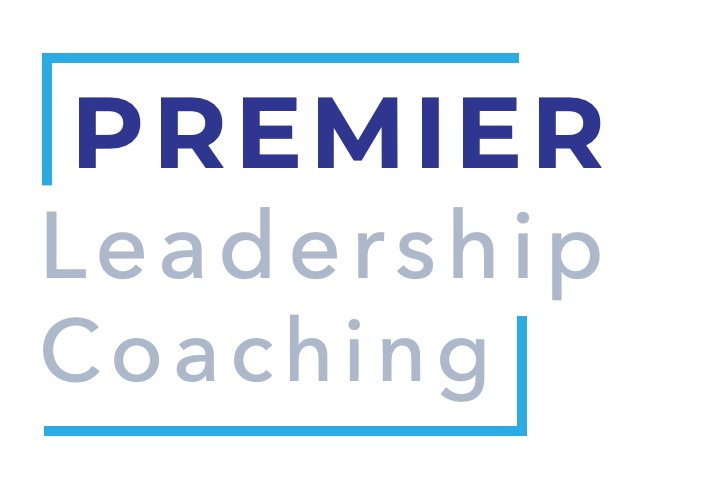If you want to generate business and close deals, the ability to ask questions is critical. In fact, asking questions is the most important element of effective communication, paramount to contributing information or listening to responses. It is ironic that asking questions is so essential, yet often avoided altogether or done badly if attempted at all. The reasons why people don’t like asking questions are pretty straightforward. Generally, most of us fall into one of the categories below
Worried about being judged. You know that saying: “There is no such thing as a stupid question”? Well, if you fall into this category you do not really believe that. You think that to get hired people have to think you know everything and if you ask for information everyone will know that you don’t. You worry the person sitting across from you will think, “He should know that.”
If you are in this group you don’t ask because you think asking questions will make you look weak, unintelligent, or uninformed. Experts in their field, don’t ask questions, right? So, if you ask then you aren’t an expert. The funny thing is that this philosophy ends up becoming a self-fulfilling prophecy. We want to appear knowledgeable so we don’t seek out information. Ultimately, we don’t get the information we need and then no one thinks we are knowledgeable. If you are so worried about people judging you, you better be sure to get the information you need. There is no better way to do so than to ask.
Afraid of causing offence. You don’t ask because you don’t want to be rude. For you there is no greater insult than to be called pushy, except maybe being called nosy. You are afraid that if you ask a direct question you will offend someone and maybe even blow the deal. As a result, your strategy is to be restrained and patient. You figure someone will disclose what you need to know when he is good and ready.
Wrong. People are waiting for you to ask. They want you to ask. It shows interest and commitment. Moreover, with this wait-and-see approach you run the risk of wasting time, not only your own, but also the person’s across the table. And what’s ruder than that? Questions allow you to determine whether the person with whom you are speaking is really interested in what you are saying. If a person will not disclose information necessary for the relationship to progress (information related to matters such as budget or timeframe) they are telling you that they are not serious about entering into a business relationship.
In this scenario, direct questions are a sign of respect. They create the opportunity for both parties to be frank and to move on if appropriate. Unless you are comfortable sitting in a holding a pattern, you should find a way to get to the bottom of things.
Mistaken about making assumptions. You don’t inquire because you think you already know. Been there, done that. You may also be guilty of liking to hear yourself talk. It feels good to pontificate! You think all of your pesky little questions are going to be an inconvenience. As a result, you take shortcuts to save time – you draw conclusions. In the end, your conclusions are based on incomplete information and are flawed. The result is that you do exactly what you hoped to avoid. You waste time. If any of this resonates, be mindful that the straight line represents the shortest most direct route between two points.
To make matters worse, when you finally do ask a question it often is longwinded and close ended. An expert questioner is direct; he spits it out. He uses high-impact open-ended questions to trigger discovery, insight, and collaboration.
Do you want to master the art of questioning? Before your next meeting figure out into which of the above categories you fall. In addition, keep score the next time you have the opportunity. Ten questions for you, four for the other guy.
